Step sisters is a film about drama, dance, and being Black on a white campus. The Broad Green Pictures (BGP) production of the comedy comes with an impressive team featuring director Charles Stone III (Drumline), writer Chuck Hayward (Dear White People), and Emmy-winning producer Lena Waithe (Master of None).
1. Quick Review
The trailer for Netflix’s Step Sisters debuted in January 2018. The trailer set Twitter ablaze. The film follows the president of a black sorority (played by Megalyn Echikunwoke), who is tasked with teaching one of the campus’ white sororities how to step dance for a charity competition.
For those who are not familiar, step is a Black percussive art form. In it, the body is used as an instrument to create complex rhythms and sounds using stomps, claps, and spoken word.
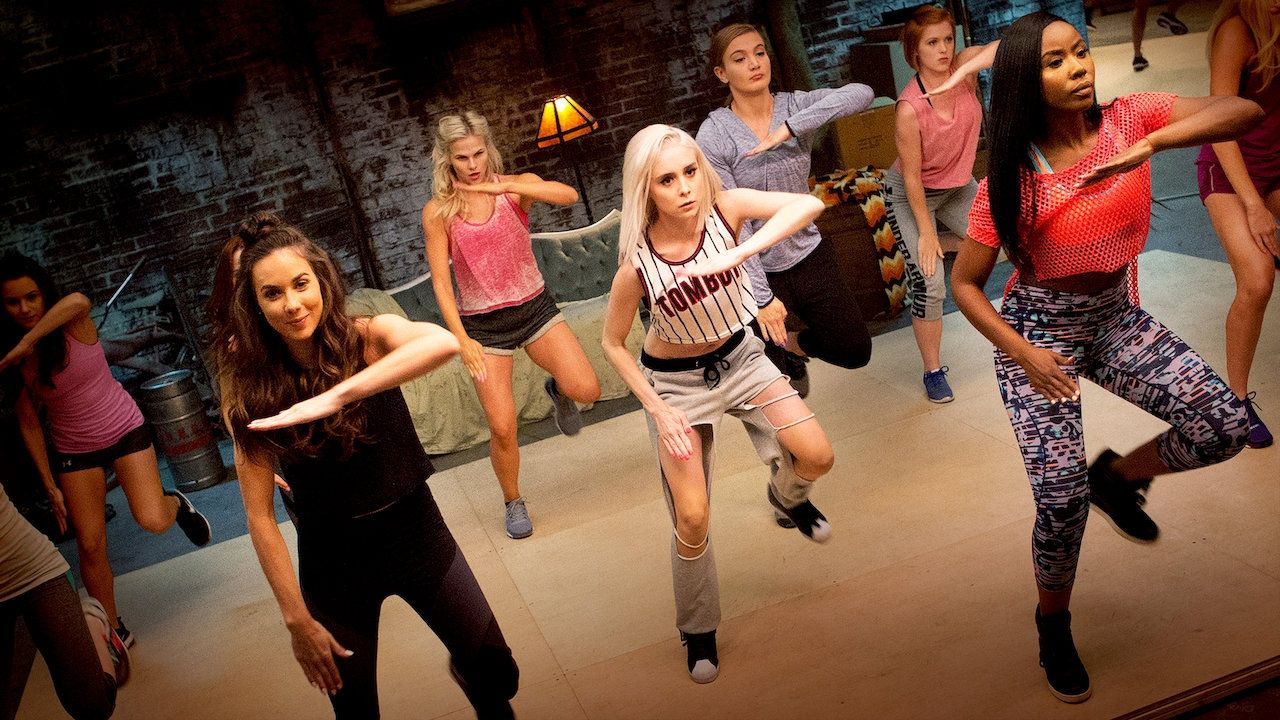
This dance form is deeply rooted in rich African tradition. It has previously seen bouts of mainstream attention with films like Spike Lee’s School Daze and 2007’s Stomp the Yard.
2. Is it worth watching?
Step sisters comes off as a politically incorrect film. Stepping is most often employed by historically black fraternities and sororities worldwide.
Considering this, Echikunwoke’s character is willing to sell it out to the white girls in exchange of getting herself into Harvard Law. Additionally, this just proves theories of neo-colonialism in the postcolonial era.
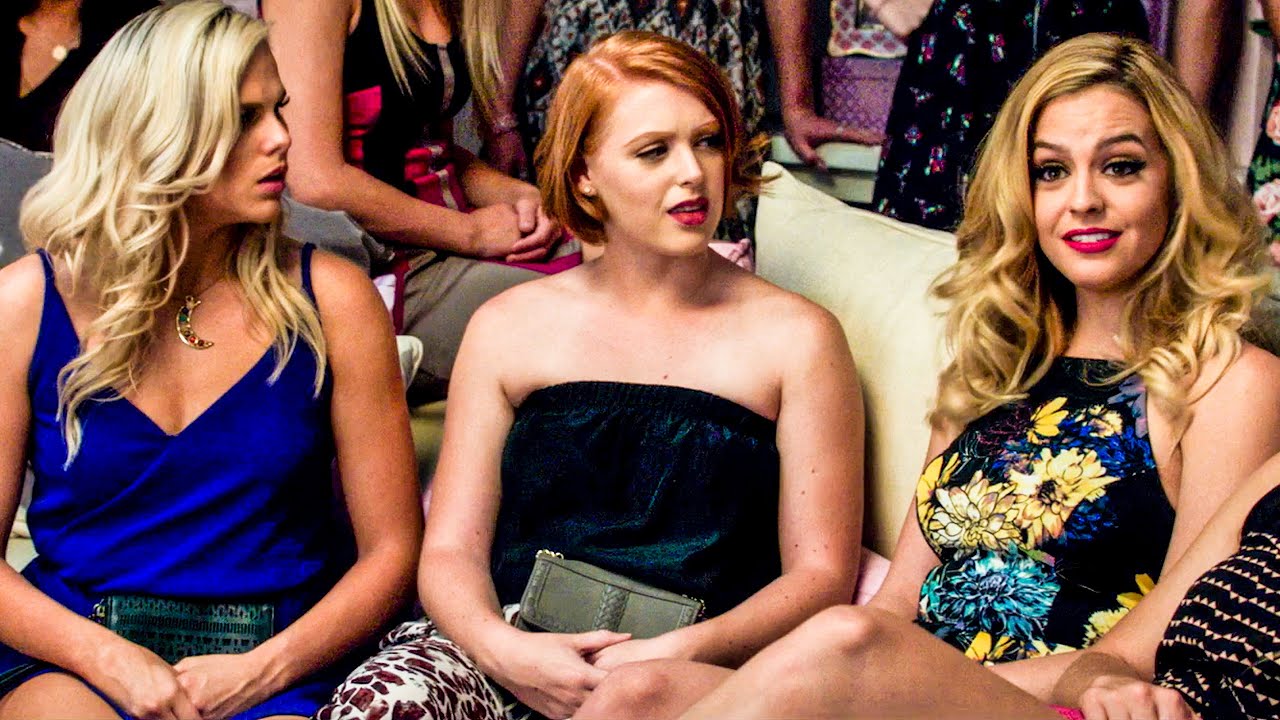
The film is very obviously modeled after the Pitch Perfect franchise and Bring It On. Throughout the film, Echikunwoke’s character brings up the conversation of race and racial prejudices every time it helps her make a point.
Just when the audience waits with bated breath to see if the filmmakers finally allow the rant of appropriation to begin, she is interrupted, and it doesn’t occur.
Racial stereotyping and cultural appropriation in today’s day is extremely problematic and could end anyone’s career. To see it still being carried out at the brink of racial war in mainstream media is upsetting. Netflix signing on such a film for its site only proves that it knows exactly what it’s doing, ringing in the views amidst the controversy. Or so thinks the capitalist mind.
I. Plot
Theta sorority sister Jamilah Bisho (played by Echikunwoke) has her eyes set on Harvard Law School. Dean Berman (played by Robert Curtis Brown) is desperate to clean up the image of Sigma Beta Beta after a major faux pas on campus.
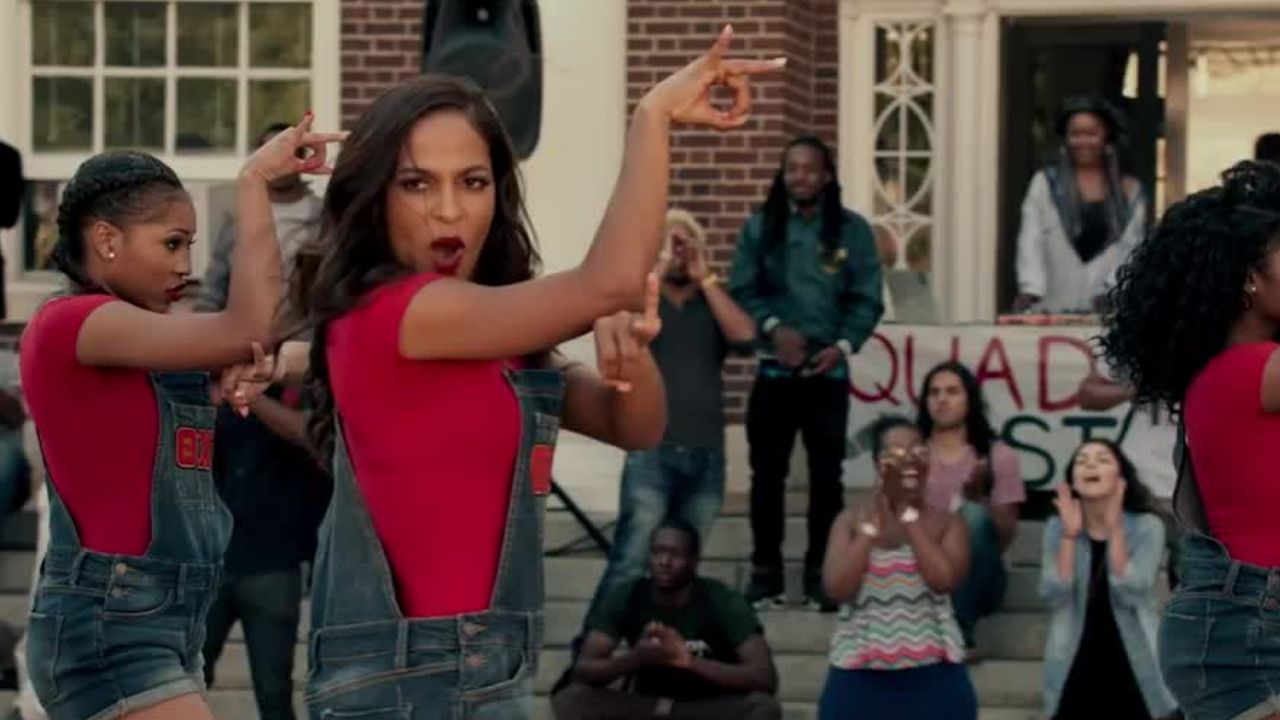
In order to make them look like positive contributors to the community, the dean comes up with an idea; to have Jamilah teach the white girls how to step. In exchange, he would ensure her acceptance to Harvard Law.
Stepping is a Black art form, and central to showmanship, socializing, and expression within Black life. Jamilah essentially provides the Betas, with the tools to execute another form of cultural appropriation.
Step Sisters uses this to explore race, appropriation, tokenization, interracial dating as a political act, and validating one’s Black card. However, it doesn’t directly address it at all.
II. Music and visuals
The music directors of this film are Raphael Saadiq and Laura Karpman. Raphael Saadiq is an American singer, songwriter, multi-instrumentalist, and record producer. Laura Karpman is an American film score composer.
The soundtrack includes many popular songs with the likes of Tightrope by Janelle Monae, How Does It Feel by Kamaiyah, Little Bit Of This by Good Times Ahead, Left Foot, Right Foot by rapper ilovememphis, and Can’t Get Enough by Tommy Sunshine.
Visually, the film proved to be much like the Pitch Perfect series. With great music and pumping choreography, the scenes are much like that of Bring it on. This film will remind you so much of other romcoms and comedies; you’ll probably have some serious deja vu.
There are scenes that replicate moments in films like Dear White People, Mean Girls, Bring It On, and Say Anything.
3. Final thoughts
The entire plot of a Black sorority sister trying to teach a white sorority how to learn how to step is already a cringe-worthy premise. There are moments when Jamilah is referred to as “the help,” which is an accurate description of her role to these women.
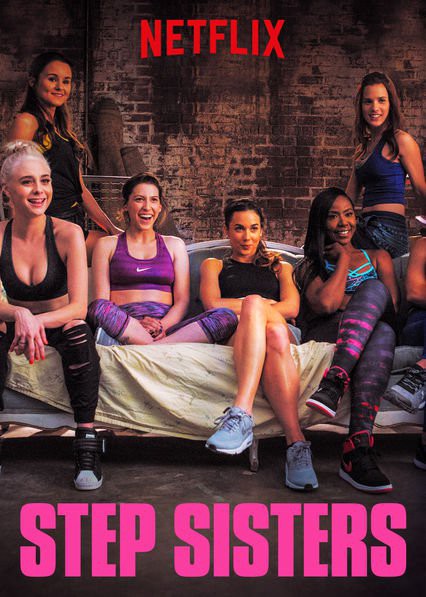
The film’s ending makes me wish there was something substantive that came out of the lessons learned by all parties here. Unfortunately, the filmmakers seem to have conveniently forgotten to have that dialogue.
The attempts at comedy made throughout the film usually fall flat, at times, leaving you wondering if you could have delivered a better punchline than what the writer did.
Most of the writing is one-dimensional, making you believe the film lacks the willingness to be creative and provide something unique. Personally, I found it to be the last straw when Jamilah’s white boyfriend mansplains racism to her. That was towards the end of the film.
Hopefully, your patience will wear thin much quicker.
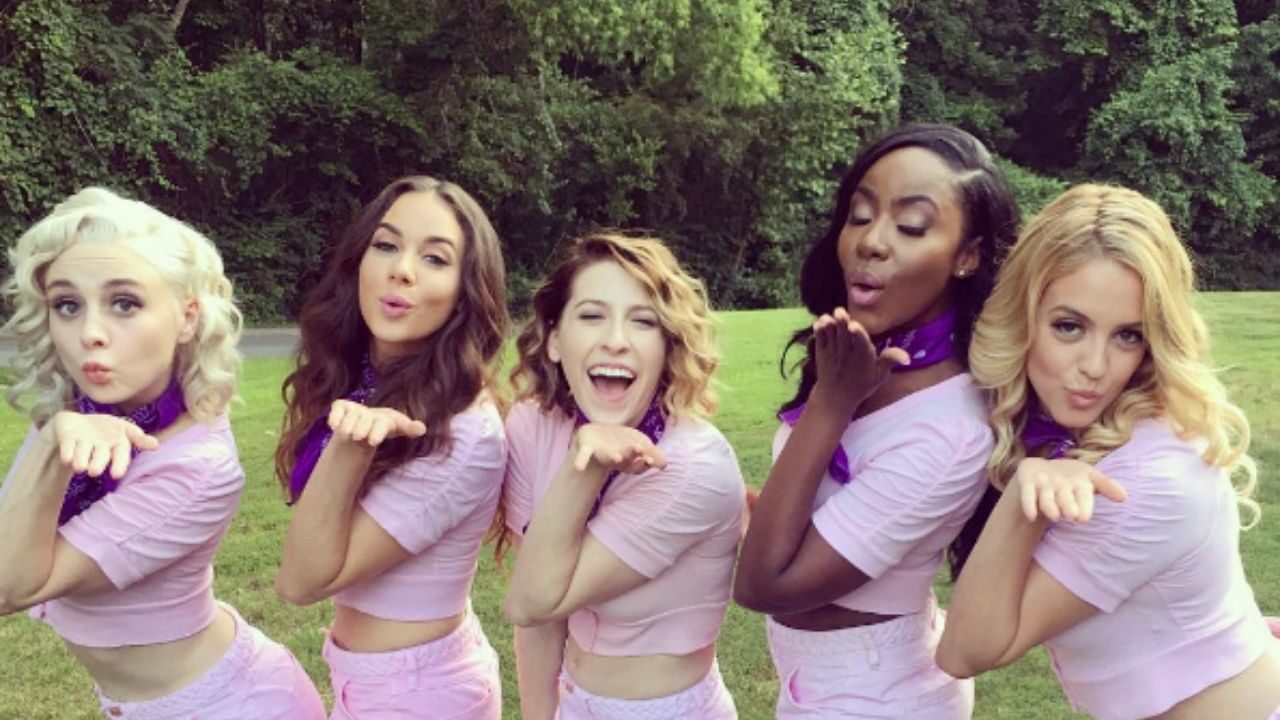









No Comments on Is Step Sisters worth your time?